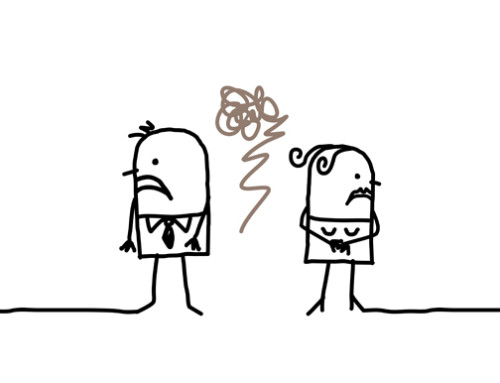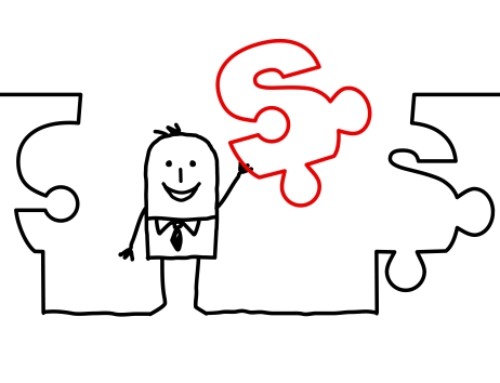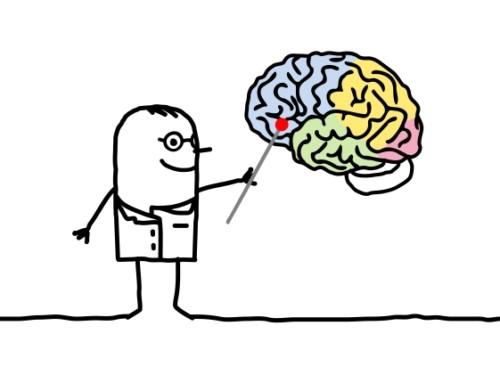In this article, I discuss how you can use skills from cognitive behavioural therapy (CBT) to manage guilt.
In my work as a Calgary psychologist and a Cochrane psychologist, I often help clients whose goal is to deal with guilt they are experiencing over something they have done. These clients typically feel remorse for the harm they believe they have caused.
They also often feel helpless because, although they regret their actions which may have caused harm, they cannot undo them. The result is that they spend much of the time ‘beating themselves up’ over what they have done.
Such ruminating is unproductive for the client as it only makes them feel terrible. It also does nothing to address the harm they have caused or to make the victims of their harm feel better.
Fortunately, cognitive behavioural therapy (CBT) offers constructive steps a person can take to deal with guilt in an effective manner. I will discuss these steps in the following sections.
Managing guilt by normalizing it
The first strategy to make it easier to manage guilt is to normalize this emotion. This entails recognizing that guilt, if managed properly, is an emotion which serves a useful purpose.
It is a signal that we may have done something wrong. This signal leads us to examine whether we did indeed do wrong followed by taking responsibility. This is followed by atoning for the wrong by taking appropriate action which is usually comprised of an apology and making reparations to those who have suffered from the wrong you have committed
Guilt helps societies function by deterring people from doing wrong and by reestablishing good relationships between the wrongdoer and those they have harmed. Without guilt, people would be more likely to do wrong with no apologies or repair attempts. The resulting negative effects on the relationships between wrongdoers and the people they have harmed would make it much more difficult for society to function effectively.
Managing guilt with cognitive strategies
Cognitive strategies entail managing guilt by changing the way you think. These strategies focus on helping a person to take appropriate responsibility for the wrong they have done as opposed to blaming themselves for things for which they are not responsible. Thought records are a CBT skill which help a person to examine the evidence pertaining to these issues.
Thinking skills also help a person to avoid going beyond taking appropriate responsibility for their improper actions into making inappropriate negative inferences about themselves stemming from their actions. For example, a person who appropriately takes responsibility for having made mistakes in a recently ended relationship may also inappropriately blame themselves because of negatively skewed general thoughts such as, “I ruined our relationship’ and ‘I’m an awful person’
Thought records make it less likely that a person will have these negatively distorted ‘hot thoughts’ and make it more likely they will have more accurate ‘balanced thoughts’ which put their wrongdoing in a proper perspective. For example, a balanced thought like, “Although I did some things wrong in the relationship, I also did many things right and there were many factors which played a role in its ending in beyond my role” will help to lower your guilt to a more reasonable and manageable level.

Managing guilt with behavioural strategies
Once you have reduced the intensity of your guilt to a manageable level by using cognitive strategies, you are then in a better position to further manage your guilt with behavioural strategies. This may entail making an apology to the person or people you have harmed. The apology should include asking the person for forgiveness and a commitment not to do the wrong again.
This apology will have the best effects on the person you have harmed if you ‘own’ the wrong you committed without minimizing it or making rationalizations and excuses. Such an apology is more likely to be accepted by the other party. In turn, this should further reduce the intensity of your guilt to an even more manageable level. If it is not feasible to apologize in person or at all, writing a letter – even if you do not send it – can have a beneficial effect on your ability to manage guilt stemming from the wrong you have done.
Following a proper apology, you can take further action to reduce the intensity of your guilt by making reparations to the person or people you have harmed. If this is not feasible, committing to learn from your mistakes by living your life in a proper manner is an excellent behavioural way to act on ‘appropriate guilt’ which will help to keep its intensity at a manageable level.
The bottom line on guilt: To err is human
The bottom line on guilt: To err is human. The result is that we all are prone to experiencing this emotion when we slip up and do something that we should not have done. The secret to managing this emotion is in normalizing it along with using cognitive and behavioural strategies to keep its intensity at a manageable level.
May you use CBT skills to manage the guilt you experience,
-Dr. Pat






Leave A Comment